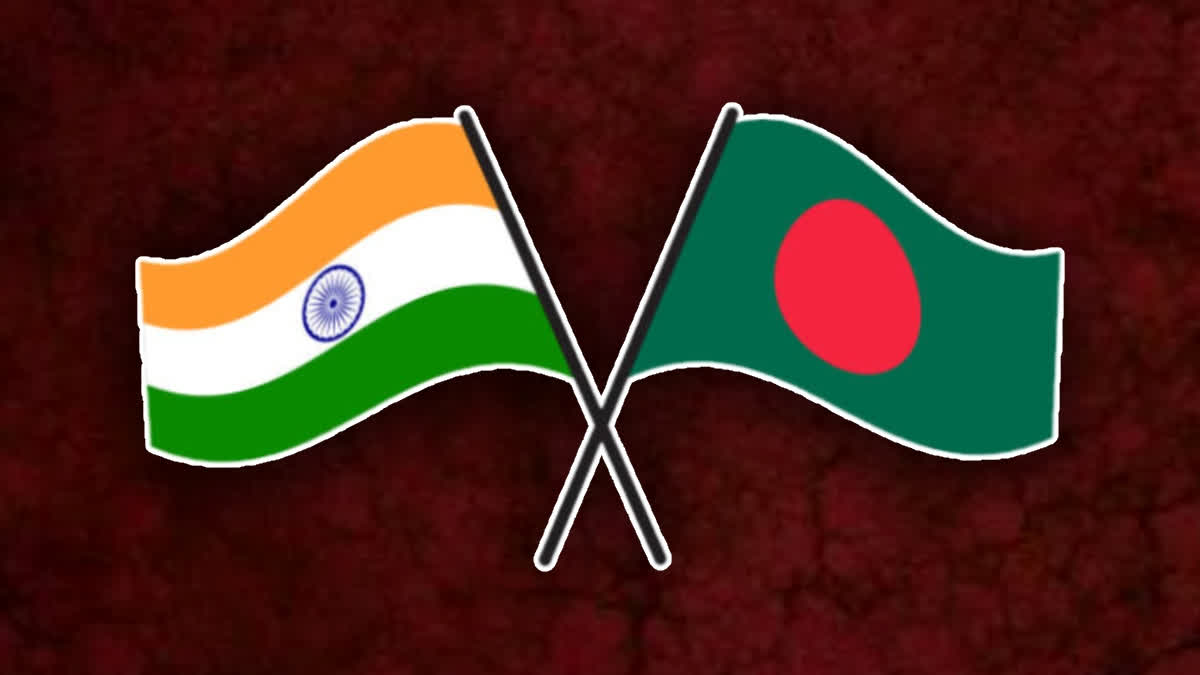New Delhi: Ahead of Bangladesh Prime Minister Sheikh Hasina’s proposed visit to India soon after the upcoming Lok Sabha elections, the External Affairs Ministry has dismissed a so-called ‘Indian products boycott’ campaign being run and supported by opposition forces in the eastern neighbour stating that the two countries share a comprehensive and vibrant partnership.
“India-Bangladesh relations are very strong and deep,” External Affairs Ministry spokesperson Randhir Jaiswal said in response to a question during his weekly media briefing here on Thursday. “We have a very comprehensive partnership that spans across sectors from economy to trade to investment to development cooperation to connectivity to people-to-people (contacts). You name any human endeavour, it is part and parcel of the India-Bangladesh relationship. That is how vibrant this partnership is and it will continue to be so.”
Soon after the parliamentary elections in Bangladesh held on January 7 this year that saw Hasina’s Awami League sweeping back to power, some Bangladeshi online activists started a campaign calling for the boycott of Indian goods. The opposition Bangladesh Nationalist Party (BNP) and the Jamaat-e-Islami parties, both of which had skipped the elections claiming that the poll process was unfair, extended support to the campaign.
Both these parties allege that India had backed Hasina during the elections. New Delhi has always maintained that the elections in Bangladesh are an internal affair. Hasina has struck back strongly against the campaign asking why those running it are not burning their wives’ Indian saris.
“When will BNP leaders burn their wives' Indian saris in front of their party office? Only then will it be proven that they are truly committed to boycotting Indian products,” the Dhaka Tribune quoted her as saying during a discussion organised by the Awami League late last month. She also said that she knew some BNP leaders’ wives who were involved in selling Indian saris when their husbands were ministers.
“We are importing onion, ginger and masala from India. Can they cook food without these Indian products?” Hasina further asked. In a separate media interaction with the media, Parliamentary Standing Committee on Foreign Affairs Chairman AK Abdul Momen described the campaign as a political stunt.
“It is irrelevant, political stunt. Connectivity is productivity. We are open and interdependent. It is suicidal,” Momen was quoted as saying. Awami League’s general secretary and Road Transport and Bridges Minister of Bangladesh Obaidul Quader also said that the BNP was trying to destabilise the country’s market system in the name of boycotting Indian products.
